If you Google best diet for acne or foods to avoid for acne, I can almost guarantee you will be hit with a long, depressing list of all the foods you are apparently not allowed to eat. Some of these foods might even be ones you have always considered healthy. It’s no wonder so many people with acne end up feeling confused, overwhelmed, and trapped in the idea that they must live on a restrictive diet forever if they want clear skin.
Clients often come to me asking one of two questions. The first is, “Will you tell me to cut out loads of foods?” and the second is, “What foods should I avoid to clear acne?” Both of these questions come from the same place of fear, the belief that acne is caused by eating the “wrong” foods and that the only solution is to cut those foods out for good.
And it is not just one person saying this. If you spend even just ten minutes online, you will find multiple voices telling you that you need to be gluten free, dairy free, sugar free, egg free, soy free and basically free from anything remotely enjoyable in order to heal your skin. When you are desperate for progress, it feels tempting to try it. After all, if cutting out a few foods is the answer, then why not give it a go? Your skin cannot get any worse, right?
What Foods Should You Avoid with Acne?
The problem is that before you know it, your diet becomes more and more restricted, and you’re left with a few safe foods. Eating out with friends feels like a stressful ordeal because there is nothing on the menu that is safe for your new diet. You start questioning every ingredient, wondering what damage it might do to your skin. Maybe you even develop a sense of food fear, where you feel guilty or anxious for eating something off-limits.
I have been there. I remember cutting out foods and genuinely fearing that if I accidentally ate dairy, I would be “poisoning” myself and ruining my skin. But I want to tell you as both a nutritional therapist and as someone who has struggled with acne for a long time: you do not have to cut out foods to clear your skin. Restrictive diets are not the answer to acne. There is no one-size-fits-all list of foods to avoid if you have acne.
Why Cutting Out Foods for Acne Isn’t the Full Answer
Cutting out foods might give short-term results, but it rarely solves the real problem. Restriction can leave you feeling miserable, anxious, and socially isolated. And more importantly, it does not always address the deeper reasons your skin is breaking out in the first place. So let’s talk about it…
1. Removing Foods Often Isn’t a Long-Term Solution
I am not saying elimination diets have no benefits at all. For some people, temporarily cutting out a food group can make a noticeable difference and I do sometimes recommend this in clinic, but it’s never long term. For example, maybe your skin improves after removing dairy, it would be natural to assume that dairy must be the culprit. But the reality is usually not that simple when it comes to food.
Food is not always the root cause of your acne (and yes, I know it sounds strange for a nutritionist to say that). Sometimes, the issue is not the food itself but how your body is processing it. If your digestion is sluggish or your gut bacteria are out of balance, you may react poorly to certain foods. That does not mean the food is “bad.” It means your gut needs support.
When you remove the food, you are removing the symptom trigger, but you are not addressing the underlying digestive issue. The real solution is not to keep eliminating foods until you are left with nothing but lettuce and chicken breast. The real solution is to fix your gut. That could mean supporting stomach acid and enzyme production, rebalancing bacteria, or addressing an infection. Once your digestion is stronger, you will usually find you can tolerate way more foods without your skin flaring up.
I have seen this happen time and time again with my clients. They feel terrified of reintroducing foods, but when we support their gut health properly, they are amazed at how many foods they can enjoy again without breaking out.
2. Long-Term Restriction Can Lead to Nutrient Deficiencies
This is something I see all the time in clinic. Clients who have been cutting out foods for years almost always show signs of nutrient deficiencies. It makes sense though doesn’t it, if you remove whole food groups, you are also removing the nutrients that come with them.
For example:
- Removing dairy means losing a key source of calcium and protein.
- Cutting out eggs reduces intake of vitamin A, B vitamins, and healthy fats.
- Eliminating all grains wipes out important B vitamins and fibre, both of which play a huge role in skin health.
These nutrients are essential for building healthy skin cells, repairing the skin barrier, balancing hormones, and supporting healing. Without them, your skin may struggle even more. Ironically, restrictive diets can make acne worse in the long run because they leave your body undernourished.
3. Restrictive Diets Can Trigger Disordered Eating
This one is personal for me. I have been surrounded by disordered eating in the past, and I know how disruptive and dangerous it can be to constantly demonise food. For a while, I convinced myself that dairy and sugar were “bad.” If I ate them, I felt guilty instantly, and I even thought I could feel the spots forming on my skin immediately afterwards.
Looking back, I realise it was not the food causing the flare but the stress and fear I attached to eating it. Stress itself is a huge acne trigger. And if every meal leaves you feeling anxious, panicked and guilty, your nervous system is constantly on edge, which can directly impact your hormones, digestion, and inflammation.
Food fear can create a vicious cycle with how we eat, too. When you label foods as “good” or “bad,” it is easy to swing between extreme restriction and binging. I see this often with clients who go on holiday before we start working together. If you feel deprived in your everyday life, the moment you are “allowed” to relax, you may overdo it on desserts, alcohol, or processed foods. Then you come home feeling guilty and restrict even harder.
A more balanced approach can help to break that cycle in some cases (it can be different in people with certain eating disorders). When you do not feel overly restricted, you can enjoy treats in moderation without guilt. And please trust me when I say, your skin is much more resilient than you think. One piece of cake will not undo all your progress. Even two weeks of indulgence on holiday is unlikely to cause permanent damage. Once you get back and you return to your usual routine, your skin will settle down again.
4. What the Research Actually Says About Foods and Acne
There is a lot of noise online about the “worst foods for acne.” Some of it has a little truth, but much of it is exaggerated or taken out of context.
While some research does suggest that dairy and high-sugar diets can be linked to acne, that does not mean every single person with acne has to remove these foods completely. The key word here is linked. It is not a direct, universal cause. And am I saying sugar isn’t an issue? No I’m not. What I’m trying to say is that this often gets translated into ‘you cannot touch any form of sugar’. When that just isn’t the case.
Take eggs for example. There is a common myth that eggs cause cystic acne because they contain progesterone. (??) For a second PLEASE just question that. If the level of progesterone was so high in eggs that it’s causing hormonal imbalances in women, wouldn’t we be using eggs to help women get pregnant who struggle with low progesterone? Even still, there is no scientific evidence to support that eggs cause acne. For most people, eggs are a nutrient-dense, skin-supportive food.
The same goes for nuts, gluten, soy, or any other food commonly demonised in acne diets. Unless you have a true allergy or sensitivity, these foods can usually be part of a healthy, balanced diet.
I encourage you to question generic, blanket statements that tell you to cut out entire food groups. Ask yourself (or them) – where is the evidence?. More often than not, the advice comes from anecdotal experience (or just made up stuff online, literally), not research, and people can’t even explain why they want you to remove the food. In my clinical practice, I find that once we support gut health, reduce inflammation, and balance hormones, most clients can reintroduce foods without their acne flaring up.
5. Food Should Be Enjoyable
If you’re going to take anything away from this blog, let it be this. Food is not just fuel, it’s joy, connection, and culture. Some of your best memories probably involve food. Think about the Sunday roasts, Christmas dinners, birthday cakes, or a coffee and pastry with a friend to catch up after a while.
If you are constantly worrying about what you can and cannot eat, you miss out on these experiences. And honestly, that is not healthy either.
I love food! I love trying new recipes, visiting different countries and exploring their cuisines, and sharing meals with people I love. For me, food is a love language, and when I was restricting myself I became depressed, seriously! And your happiness is part of your health and skin recovery, too. Sometimes, the healthiest choice is to say yes to a meal that nourishes your soul as much as your body.
So, What’s the Alternative to Cutting Out Foods?
If restrictive diets are not the answer, what is? The alternative is to stop focusing on what foods to avoid with acne and instead think about what foods to add in. The goal is not to shrink your diet but to expand it in a way that supports your body and your skin. We know that the gut microbiome thrives on diversity, and that every food has a different level of nutrients, so why would we start reducing all of these things?
Here are some areas I focus on with clients:
- Gut health, including supporting digestion, balancing bacteria, and reducing inflammation. A healthy gut allows you to tolerate more foods without reactions.
- Nutrient intake and making sure you are getting enough vitamins, minerals, proteins, and healthy fats to build strong, healthy skin.
- Blood sugar balance to help reduce hormonal fluctuations that can trigger acne.
- Stress management – because as we’ve discussed, stress has such a big impact on skin and hormone health
When we focus on these foundations, food no longer feels like the enemy. You are not chained to a list of “foods to avoid if you have acne.” Instead, you are building a way of eating that feels both nourishing and enjoyable.
Need some help?
If you are struggling with acne and feeling trapped by a restrictive diet, I want you to know you do not have to live this way forever. Cutting out foods for acne might feel like a quick fix, but it is rarely the long-term solution. Restrictive diets can cause nutrient deficiencies, gut issues, increase stress, and even make acne worse in the long run.
Instead of asking “what foods should I remove to clear acne,” shift the question to “what can I add to support my skin?” When you focus on nourishment, balance, and enjoyment, you create a lifestyle that supports clear skin without leaving you feeling deprived.
Your skin will thank you. And just as importantly, your happiness will too. And if you need some help navigating this, please get in touch.
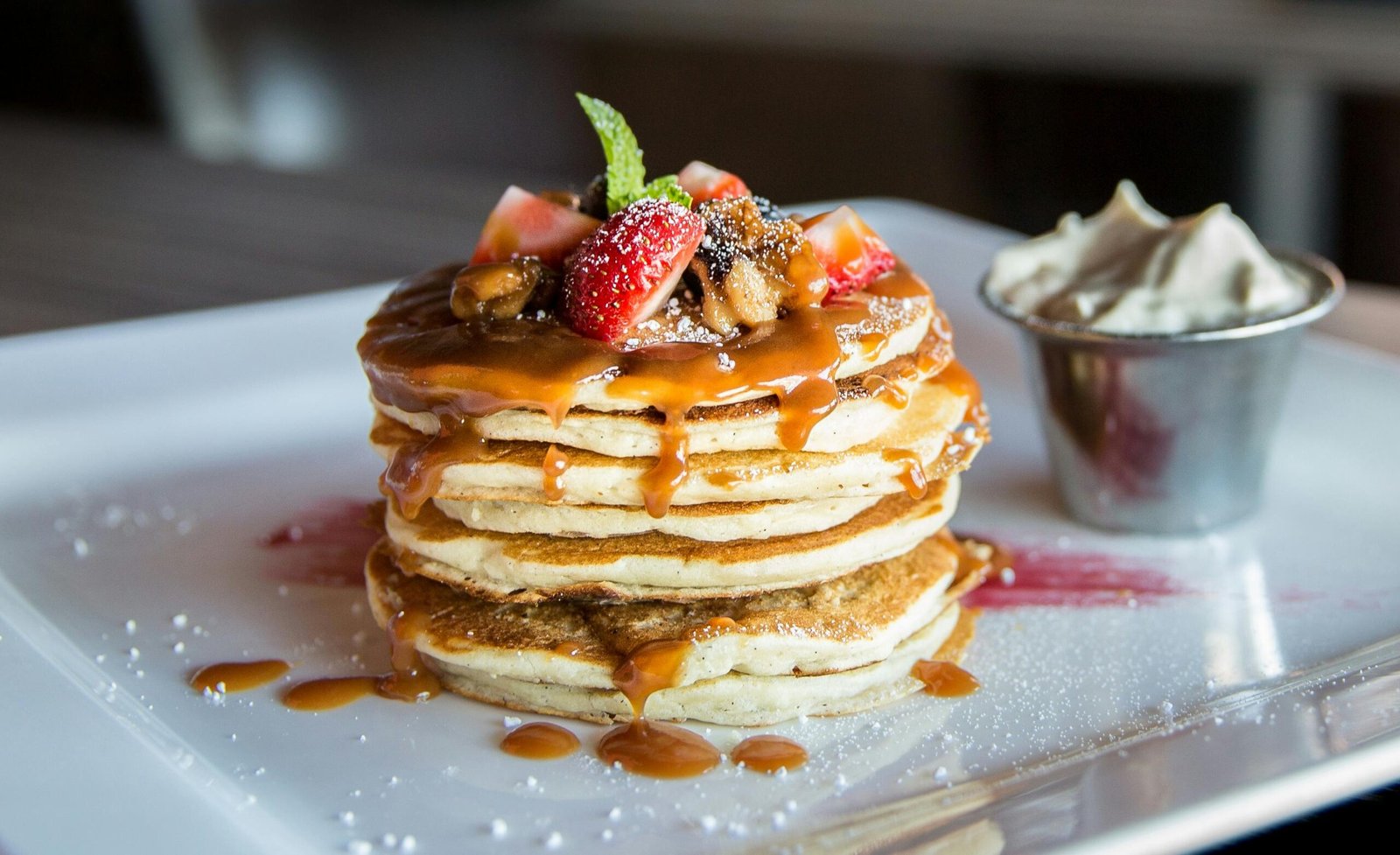
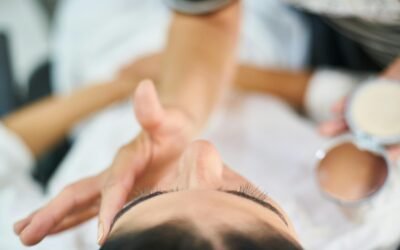
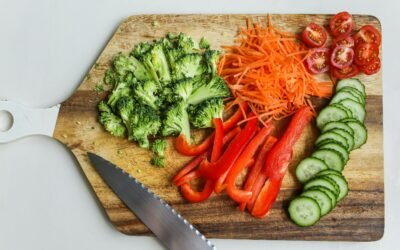
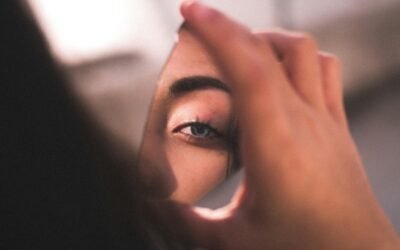
0 Comments